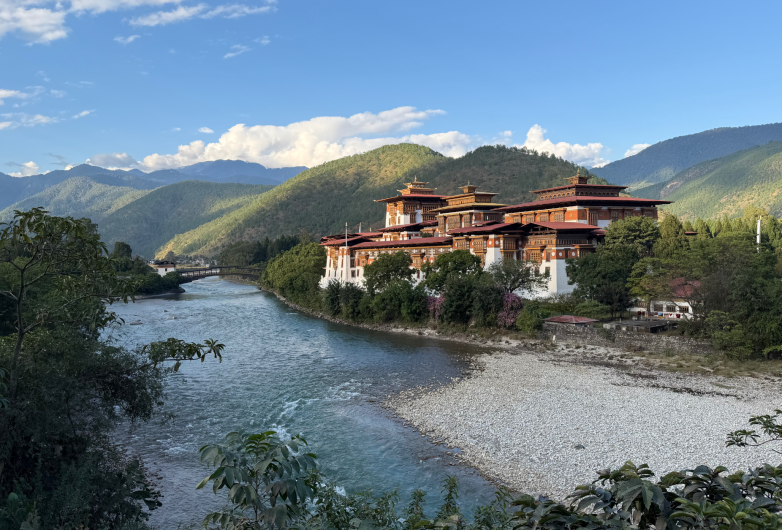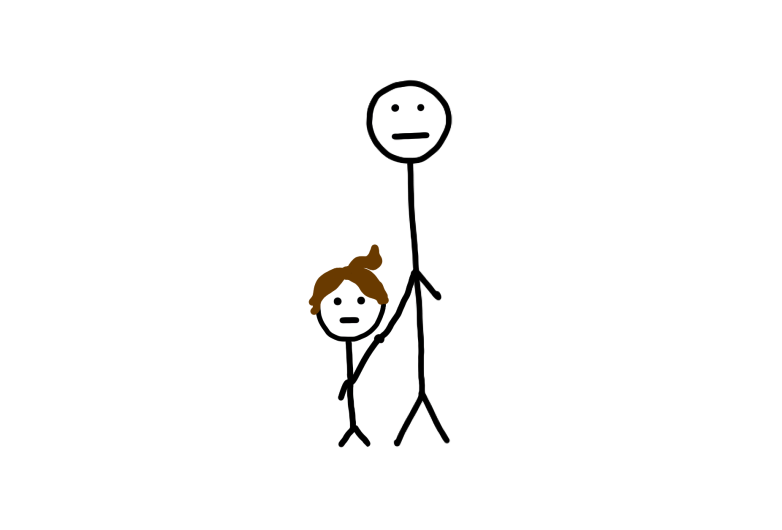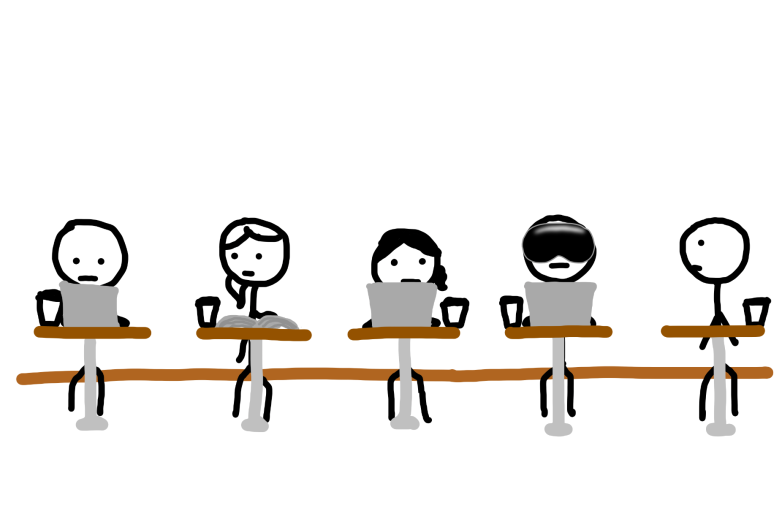 For 51 weeks of the year, it’s fine to focus all your energy on obsessing over what you don’t have and take the good things in your life totally for granted. But not this week.
For 51 weeks of the year, it’s fine to focus all your energy on obsessing over what you don’t have and take the good things in your life totally for granted. But not this week.
This is gratitude week.
Reader Jane U. from Atwood, NY sent us a gratitude question we loved that’s an interesting twist on the standard “What are you grateful for?” question:
What’s one piece of art—a book, a movie, a song, a poem, etc.—that you’re grateful for? Pick only one.
There can be a broad definition of why a piece of art might make you grateful—because you loved it, because it inspired you or others, because you bond with your mother over it, because it’s the reason you met your husband, etc.—anything goes.
________
Tim’s Answer: The book John Adams by David McCullough.
I unfortunately never had great history teachers growing up, and I finished high school with history as my least favorite subject. Today, I’m riveted learning about the history of almost anything, and I’ve spent a lot of time reading history-related biographies, novels, articles, and Wikipedia pages. The turning point for me was John Adams.
I read this book when I was in college, and it was so good that I followed it up immediately with David McCullough’s 1776. Then I read about FDR and Truman. Then about World War II. Then about World War I. Then a biography of Hilter. Then I started moving back to the Middle Ages and to antiquity in different parts of the world. Today, I’m no history buff, but I have a pretty good knowledge foundation in many areas of history, and when you have a knowledge foundation in something, that topic is suddenly really interesting to you, so you keep learning. John Adams ignited my love of history in a way a dozen or so Boston area teachers had failed to do.
Reading this book also left me with a permanently better understanding of how my country came to be and who these incredibly famous forefathers really were. You can read factual histories in textbooks, but by absorbing the book’s facts along with its insane amount of detailed, primary source anecdotes and written correspondence, I felt like I really got to know the forefathers—it completely reshaped my view of many of them—and what life was like in what is now the East Coast of the US from 1750 – 1825.
So thanks, David McCullough, and thanks, Jane U., for the great question!
________
You can sign up for the Dinner Table email list here to be notified about the new topic each week, and remember to submit future topics to [email protected].





